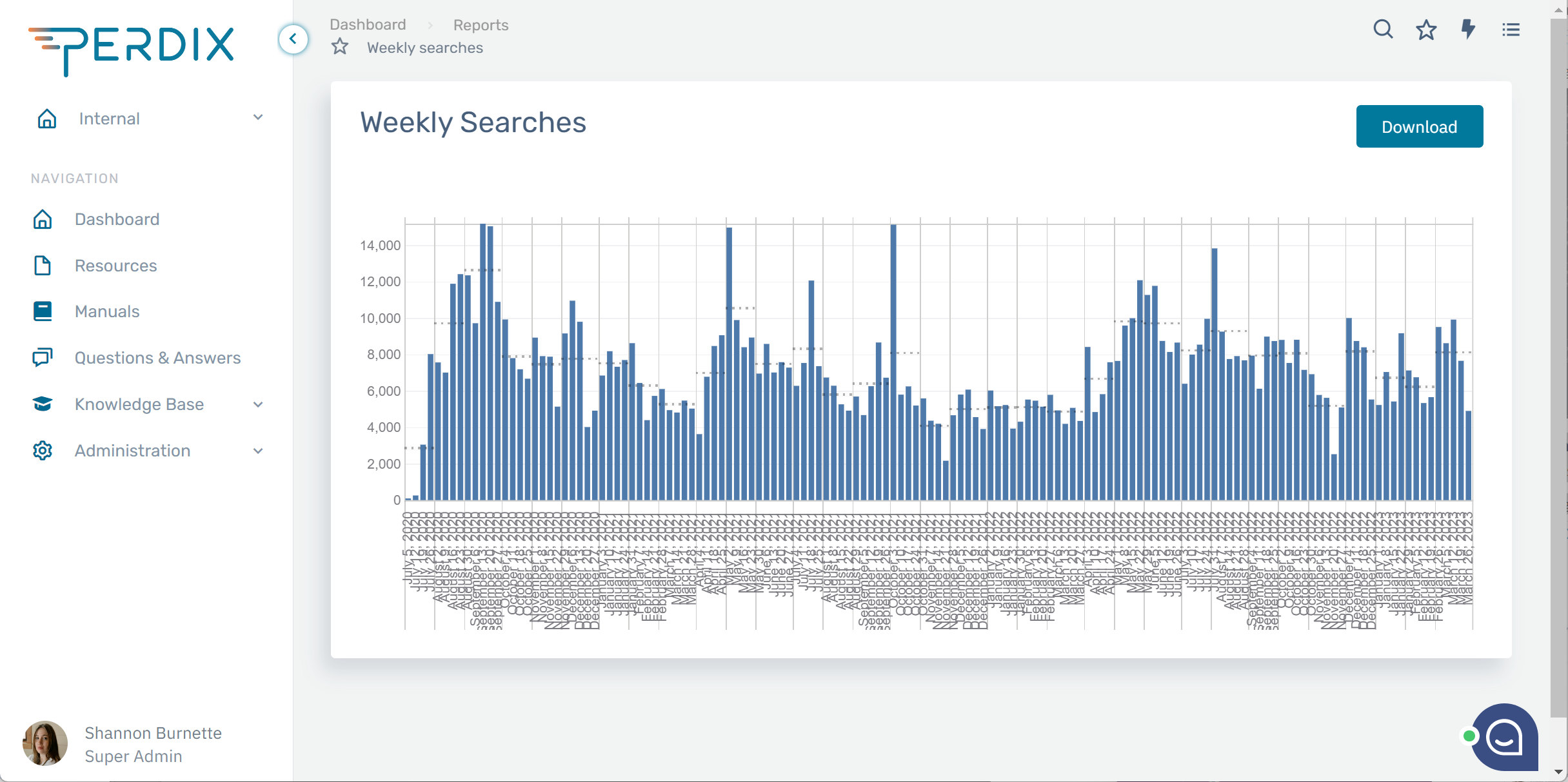30 Mar

Leveraging Search Analytics to Enhance Content Management and Tagging in Enterprise SaaS
Introduction to search analytics
In the dynamic world of business, the efficiency and effectiveness of support and operations teams are crucial for success. One key aspect that can improve these teams’ performance is understanding how they search for and find content within your organization. This is where search analytics come into play. Analyzing search data allows you to identify the most frequently searched keywords and better comprehend your teams’ needs. With this knowledge, you can create targeted training materials, FAQs, and other resources that will support your teams more effectively.
The role of search analytics in content management
Identifying frequently searched keywords
By examining search data, you can uncover the most common keywords and phrases that your teams are looking for. This information can help you pinpoint gaps in your existing content and prioritize content creation or updates to meet your teams’ requirements.
Prioritizing content creation and updates
Utilizing insights from search analytics, you can focus on content creation and updates based on what your teams search for most frequently. This ensures that your teams have access to the most relevant and up-to-date information, ultimately improving efficiency and effectiveness.
How search analytics impact tagging and categorization
Enhancing tags for better search results
Search analytics can also help you optimize your content tagging and categorization. By understanding how users search for content, you can ensure that your tags and categories align with user search behavior, making it easier for them to find what they need.
Streamlining content organization
Optimizing your tags and categories based on search analytics can help simplify content organization, particularly in tools like Perdix that rely on smart tagging and search functionality rather than traditional file structures. This can make it faster and easier for your teams to find the information they need.
Case studies: Search analytics in action
Company A noticed that their support team was struggling to find information on a specific software feature. After analyzing their search data, they discovered that the support team was using a different terminology than what was used in their internal documentation. By updating the content and tags to include both terms, they were able to improve search results and reduce the time spent searching for relevant information.
Company B used search analytics to identify a high volume of searches for a particular topic that wasn’t covered in their existing training materials. They quickly created new resources and added relevant tags to ensure these resources would be easily discoverable. As a result, their teams’ efficiency and knowledge in that area improved significantly.
Best practices for effective search analytics
- Regularly analyze search data to identify trends and changes in user behavior.
- Prioritize content creation and updates based on search data insights.
- Continuously optimize tags and categories to align with user search behavior.
- Monitor the impact of changes to content and tagging on search results and user satisfaction.
- Collaborate with teams to gather feedback and continuously improve content and tagging strategies.
- Utilize search analytics tools like Google Analytics, Elasticsearch, or Apache Solr to effectively analyze search data and gain valuable insights.
Conclusion
Search analytics is a powerful tool for driving content management and tagging strategies in an enterprise SaaS environment. By analyzing search data, you can identify frequently searched keywords, prioritize content creation and updates, and optimize tagging and categorization for better search results. Implementing effective search analytics can lead to improved efficiency and effectiveness for your support and operations teams, ultimately contributing to the success of your organization.




